- Doctors & Departments
-
Conditions & Advice
- Overview
- Conditions and Symptoms
- Symptom Checker
- Parent Resources
- The Connection Journey
- Calm A Crying Baby
- Sports Articles
- Dosage Tables
- Baby Guide
-
Your Visit
- Overview
- Prepare for Your Visit
- Your Overnight Stay
- Send a Cheer Card
- Family and Patient Resources
- Patient Cost Estimate
- Insurance and Financial Resources
- Online Bill Pay
- Medical Records
- Policies and Procedures
- We Ask Because We Care
Click to find the locations nearest youFind locations by region
See all locations -
Community
- Overview
- Addressing the Youth Mental Health Crisis
- Calendar of Events
- Child Health Advocacy
- Community Health
- Community Partners
- Corporate Relations
- Global Health
- Patient Advocacy
- Patient Stories
- Pediatric Affiliations
- Support Children’s Colorado
- Specialty Outreach Clinics
Your Support Matters
Upcoming Events
Child Life 101
Wednesday, June 12, 2024Join us to learn about the work of a child life specialist, including...
-
Research & Innovation
- Overview
- Pediatric Clinical Trials
- Q: Pediatric Health Advances
- Discoveries and Milestones
- Training and Internships
- Academic Affiliation
- Investigator Resources
- Funding Opportunities
- Center For Innovation
- Support Our Research
- Research Areas

It starts with a Q:
For the latest cutting-edge research, innovative collaborations and remarkable discoveries in child health, read stories from across all our areas of study in Q: Advances and Answers in Pediatric Health.


Heart
Kawasaki Disease
We see more, treat more and heal more kids than any other hospital in the region.
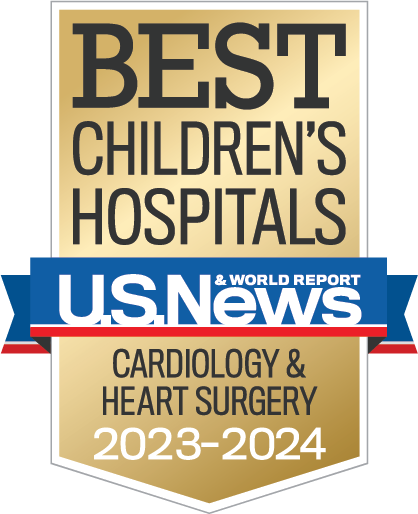
What is pediatric Kawasaki disease?
Kawasaki disease was first described in the 1960s by a pediatrician in Japan named Dr. Tomisaku Kawasaki. Dr. Kawasaki described it as a new disease that was occurring in previously healthy young children. Fifty years later, with the cause of Kawasaki still unknown, doctors and researchers remain searching for answers to the very puzzling disease.
It starts with a high fever that often lasts five days or more. Children develop a rash over most of their body, swollen lymph nodes, red bloodshot eyes (conjunctivitis), red cracked lips and swollen, peeling fingers and toes.
In 2020 during the COVID-19 pandemic, a Kawasaki-like condition began appearing in some children. This syndrome has been named multisystem inflammatory syndrome in children, or MIS-C. Though Kawasaki disease and MIS-C share several symptoms, they are two distinct syndromes.
Who gets Kawasaki disease?
Kawasaki disease is more common in males than females, and the disease is not contagious. It can occur in infants less than 6 months of age and greater than 5 years of age. Young infants have a high risk of heart complications.
In addition to the visible symptoms, inflammation also occurs on the inside of the body in the blood vessels. This is a concern because the blood vessels that supply blood to the heart (coronary arteries) can be affected. In some cases, inflammation can damage the blood vessels or even the heart muscle itself.
What causes Kawasaki disease in kids?
Although the cause of the disease is not known, doctors and researchers (including many here at Children's Hospital Colorado) think it may be an autoimmune disease caused by an abnormal reaction of a child's own immune system.
If properly treated, full recovery can be expected in most cases, but the possibilities of blood vessel and heart disease in later life remain subjects of medical investigation.
What are the signs and symptoms of Kawasaki disease?
Kawasaki disease symptoms most often begins with a high fever, between 102 and 104 degrees, that lasts an average of 10 days. The fever does not go down with usual doses of ibuprofen, acetaminophen or antibiotics.
Other Kawasaki disease symptoms are:
- Rash involving most of the body
- Extremely red, bloodshot eyes
- Red, swollen hands and feet
- Red cracked lips and red swollen tongue
- Swollen lymph nodes in the neck
- High fever lasting >5 days
Children with Kawasaki disease are very swollen on the outside of their body, and the inflammation also occurs on the inside of the body in the blood vessels. Some children can develop problems with their blood vessels, especially the arteries that feed the heart (the coronary arteries).
Although Kawasaki disease is more common among people of Asian descent, children of any racial or ethnic background can be affected. Boys seem more susceptible to the disease than girls, but the reason is still unknown.
How do we diagnose Kawasaki disease?
There is no specific test that can determine if a child is suffering from Kawasaki disease. Instead, doctors look at a child's history and symptoms through a physical exam to determine if he or she has the condition.
Doctors at Children's Colorado will also give your child a blood test or series of blood tests to determine the amount of inflammation in the body.
Our cardiologists may also perform an echocardiogram (ECHO) to examine your child's heart muscle, valves and coronary arteries for damage caused by the illness. Your child will likely get echocardiograms every year or two to make sure no changes to the heart or coronary arteries have occurred.
How is Kawasaki disease treated at Children's Colorado?
- Kawasaki disease is treated with intravenous immunoglobulin (IVIG) in the hospital to reduce inflammation.
- Aspirin is used to reduce inflammation.
- Treatment reduces the risk of heart complications in most patients.
Our Kawasaki Disease Clinic is a joint program of the Heart Institute and Pediatric Infectious Diseases
If your child is diagnosed with Kawasaki disease at Children's Colorado, he or she will immediately begin taking medication to reduce inflammation in the blood vessels. Our pediatric cardiologists will carefully monitor your child's heart to make sure it is not affected.
If your child does develop some cardiac complications, our cardiologists (in collaboration with your primary doctor and a team of Kawasaki specialists) will be able to prescribe medication and a Kawasaki disease treatment plan to help ease inflammation of the heart while your child is healing from the initial fever and its complications.
Children who develop heart complications from Kawasaki disease may need long-term medications or surgery to help keep the coronary arteries open.
How does Kawasaki disease affect the heart?
- Kawasaki disease causes inflammation of heart muscles, valves and blood vessels that supply the heart (coronary arteries).
- Damage to the coronary artery walls can result in ballooning (aneurysm) of the coronaries.
- Rarely, blood clots can occur in an aneurysm and can block the coronary arteries, which can result in a heart attack.
How are coronaries abnormalities treated?
- Aspirin
- Anticoagulation medications (blood thinner)
Learn about our nationally-ranked Heart Institute for the treatment of Kawasaki disease.
Get resources and learn more from the Kawasaki Kids Foundation.
Health professionals can find out what to look for when diagnosing Kawasaki disease with the signs and symptoms poster. Request a copy by emailing us at PhysicianRelations@childrenscolorado.org.
Next steps
-
Would you like to learn more about us?
Learn more about the Heart Institute -
Do you have questions about your child’s condition?
720-777-6820 -
Are you ready to schedule an appointment?
Schedule an appointment

Compassionate care, wherever you are
We’re here when you need us. Telehealth appointments are available across every specialty, so you can get the high-quality care we’ve always offered from the comfort, privacy and convenience of home.
See if telehealth is right for you
Related Items
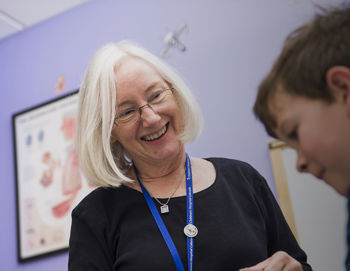
Search to find the pediatric doctor that is right for your child at one of the nation's top-ranked children's hospitals.
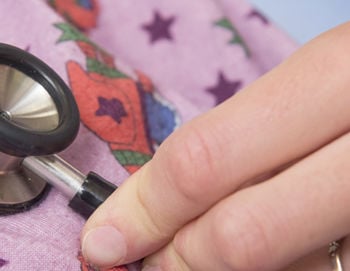
Find out why our Heart Institute is one of the nation’s top-ranked programs for pediatric heart care and surgery by U.S. News and World Report.

Browse our library of patient stories to learn about real families' experiences and triumphs.
Get to know our pediatric experts.
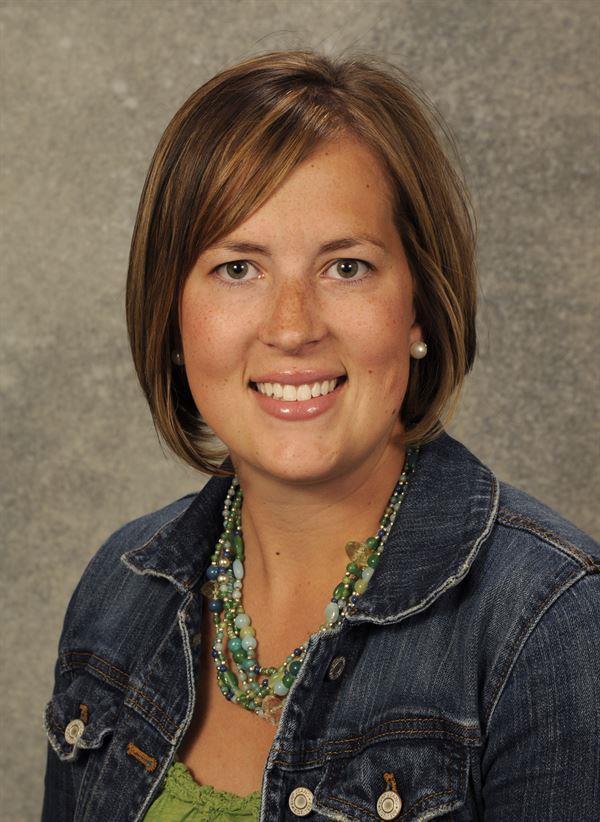
Kendra Tiernan, CPNP-PC
Certified Pediatric Nurse Practitioner
Patient ratings and reviews are not available Why?
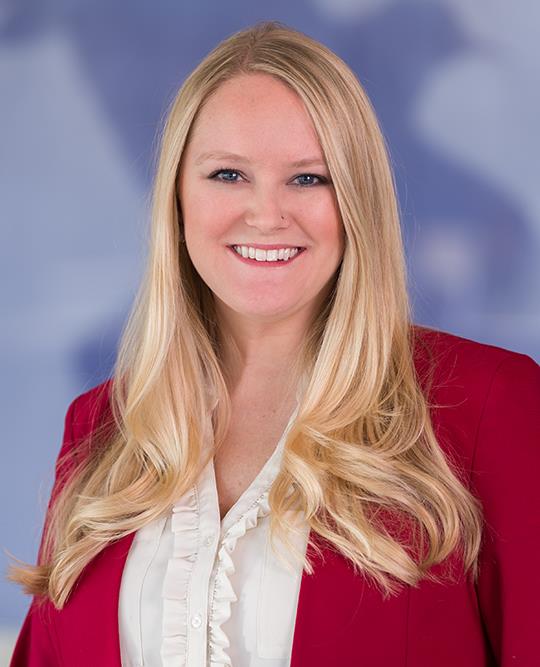
Sarah Kelly, PsyD
Patient ratings and reviews are not available Why?
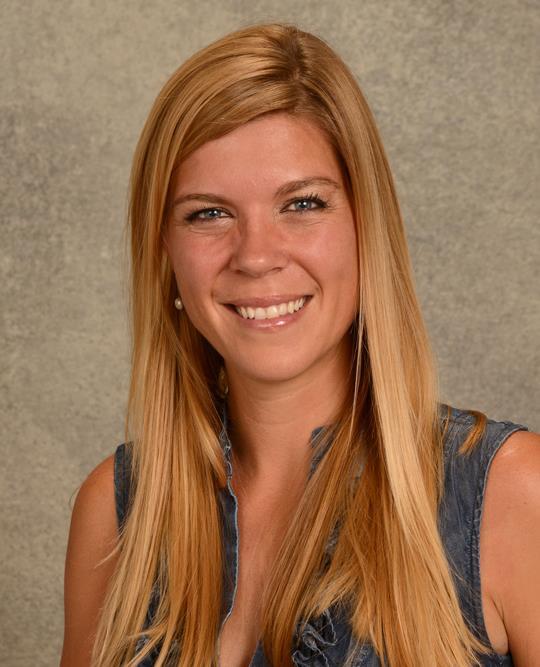
Carly Scahill, DO
Cardiology - Pediatric, Pediatrics
Patient ratings and reviews are not available Why?

Alison Dumond, CPNP-AC/PC
Certified Pediatric Nurse Practitioner, Certified Pediatric Nurse Practitioner



 720-777-0123
720-777-0123



